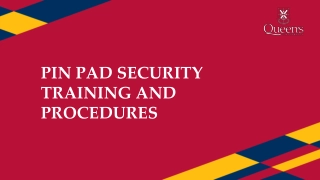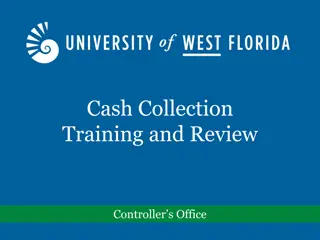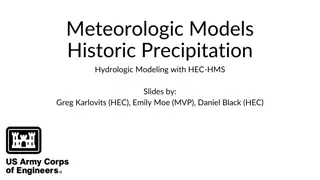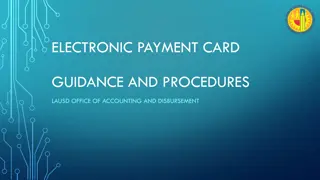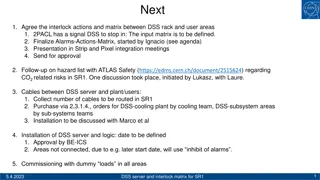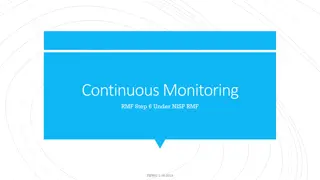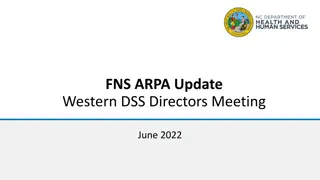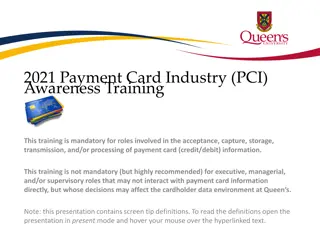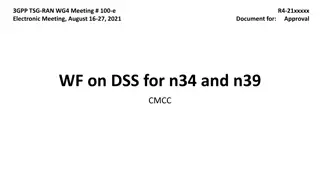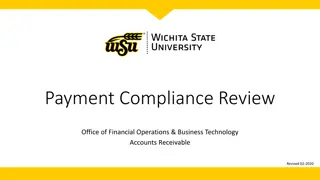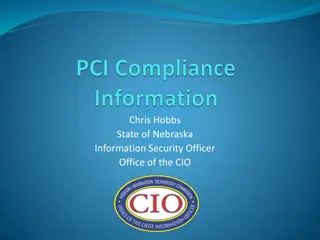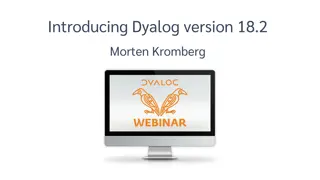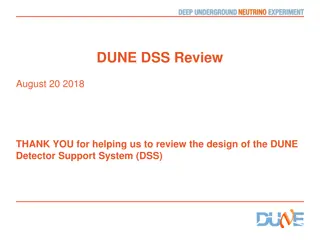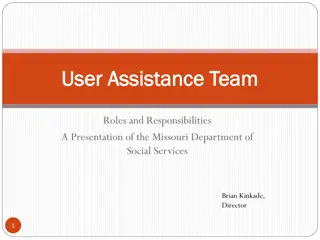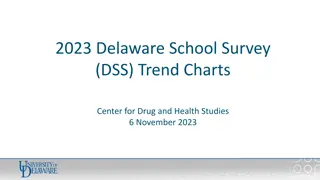
Disability Support Services in Postsecondary Education
Learn about Disability Support Services (DSS) in postsecondary education, including academic accommodations, self-identification requirements, and documentation guidelines for students with disabilities. Discover how colleges handle disability laws and the importance of appropriate documentation to receive accommodations.
Download Presentation

Please find below an Image/Link to download the presentation.
The content on the website is provided AS IS for your information and personal use only. It may not be sold, licensed, or shared on other websites without obtaining consent from the author. If you encounter any issues during the download, it is possible that the publisher has removed the file from their server.
You are allowed to download the files provided on this website for personal or commercial use, subject to the condition that they are used lawfully. All files are the property of their respective owners.
The content on the website is provided AS IS for your information and personal use only. It may not be sold, licensed, or shared on other websites without obtaining consent from the author.
E N D
Presentation Transcript
DISABILITY SUPPORT SERVICES (DSS) Overview of DSS Services
CTCs DSS Office DSS provides academic accommodations to all CTC students worldwide (this also applies to online classes students must have a qualifying disability) Students are encouraged to visit the DSS website for more information at www.ctcd.edu/disability-support Students may contact a DSS Coordinator for assistance with accommodations at DSS@ctcd.edu or 254-526- 1195
Disability Laws in Postsecondary Education Colleges are not required to seek out or identify students with disabilities If a student taking college courses would like to receive accommodations for his/her disability, the student must self-identify to DSS as having a qualifying disability under the Americans with Disabilities Act, student must provide appropriate medical documentation in accordance with postsecondary federal disability laws/guidelines, and complete the DSS intake e-forms Unlike secondary school, evaluations and obtaining required documentation of disability (and any related expenses) is the student s responsibility when taking college level courses (postsecondary education)
Disability Laws in Postsecondary Education In accordance with postsecondary federal disability laws, IEPs and ARDs are considered INSUFFICIENT DOCUMENTATION at the college level and cannot be used as documentation to substantiate a disability. Colleges do NOT utilize, follow, or create IEPs for college level courses. In providing an academic accommodation, colleges are NOT required to lower or substantially modify essential requirements. For example, although your school may be required to provide extended testing time, it is not required to change the content of the test. Colleges do NOT have to make adjustments that would fundamentally alter the nature of a service, program, or activity, or that would result in an undue financial or administrative burden.
Disability Laws: Documentation Requirements Documentation must be recent (less than 5 years old) and completed by a licensed professional who is qualified/trained to perform valid testing to support the diagnosis/disability Documentation must clearly identify a specific diagnosis(es) with all appropriate diagnostic codes (i.e. DSM, ICD, and/or ICF codes) Documentation must contain a list of all tests and/or exams that were conducted/used to determine the specific diagnosis/disability and must contain summary of results/findings Documentation must contain a statement explaining the current impact the student s disability/diagnosis has on the student s overall academic performance Documentation must also contain recommended accommodations and rationale for the recommended accommodations
Providing Accommodations for College Courses Appropriate/reasonable classroom accommodations will be approved based on the student s specific disability, medical documentation, and type of class. Common accommodations may include any of the following: extended testing time separate testing area approval to tape record lectures note taker and/or sign language interpreter books in alternative format (electronic copy of book) Students are responsible for requesting accommodations with the DSS Coordinator EVERY semester accommodations are needed by completing the accommodation request eform (accommodations are NOT retroactive)
DSS Office & Website Information: Location: Building 215, Room 111 Telephone Number: 254-526-1195 Website: www.ctcd.edu/disability-support


